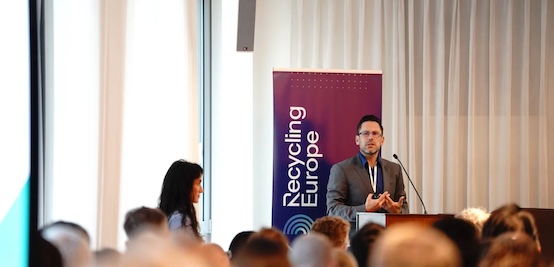#Recycling / Circular Economy
EuRIC and FEAD point at ELV regulation to protect recycling and boost circularity
EuRIC and FEAD believe the upcoming End-of-Life Vehicles Regulation (ELVR) is the right opportunity to set the right safeguards that prevent practices which hinder competition, circularity, and recyclers’ efforts to recover materials – thereby supporting Europe’s competitiveness and futureproofing recycling and circularity. To achieve this, EuRIC and FEAD urge policymakers to:
Establish independent oversight to monitor the operations of producers and their Producer Responsibility Organisations (PROs) to prevent potential market distortions and conflicts of interest.
Recognise that Extended Producer Responsibility (EPR) schemes are not the silver bullet. Where EPR schemes are already in place, the entire recycling value chain, from Authorised Treatment Facilities (ATFs) to mechanical recyclers (equipped with shredding and post-shredding technologies), must be included in the governance to ensure effective and transparent recycling practices.
Ensure that manufacturers cover the full costs of ELV recycling, including dismantling and treatment, with recyclers keeping ownership of the valuable parts and materials recovered.
While transparency and fair practices are critical to protect recyclers and waste operators, true circularity in automotive is still a long way off. To secure investments in high-quality recycling and the uptake of recycled materials that boost circularity, EuRIC and FEAD strongly call for:
Maintaining the 25% recycled content target for plastics in ELVs, as proposed by the Commission. This target is both realistic and verified, and should be based on post-consumer waste, excluding pre-consumer waste and biobased plastics, which could strongly undermine its effectiveness.
Introducing a mandatory recycled content target for steel in automotive, as steel remains the leading material in vehicle production. This target would drive investment and improve the quality of steel recovered from ELVs.
The recent announcement of Commission decision against car manufacturers and ACEA shows the need for change. To protect recyclers’ efforts, boost circularity, and guarantee the use of recycled materials, the EU must act decisively. The upcoming End-of-Life Vehicles Regulation (ELVR) is a key opportunity to set the rules for fairness, transparency, and long-term circularity in the automotive sector.














